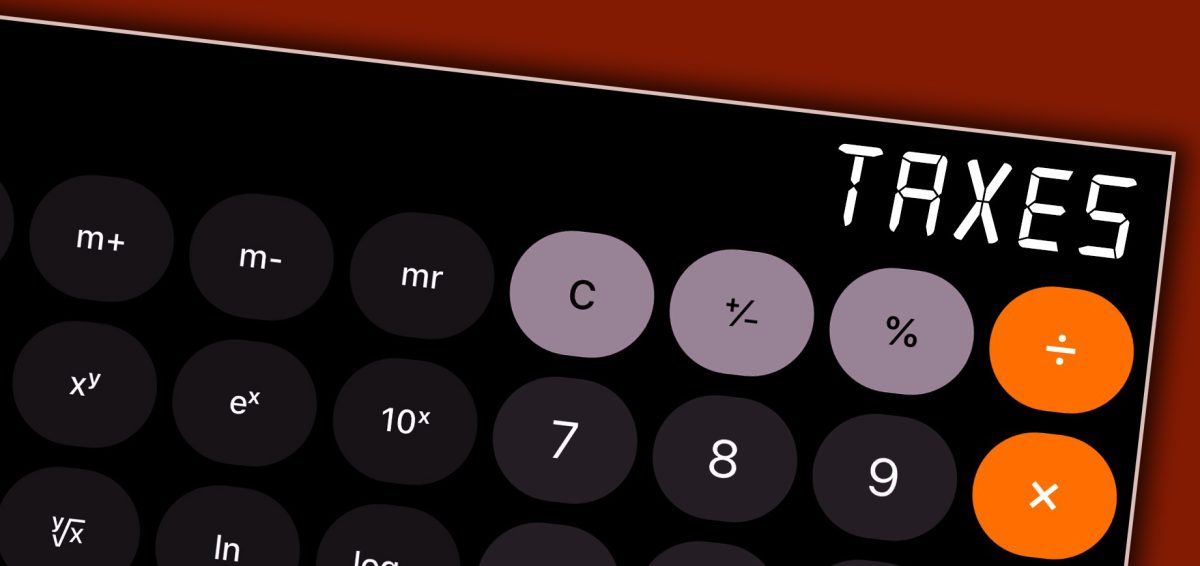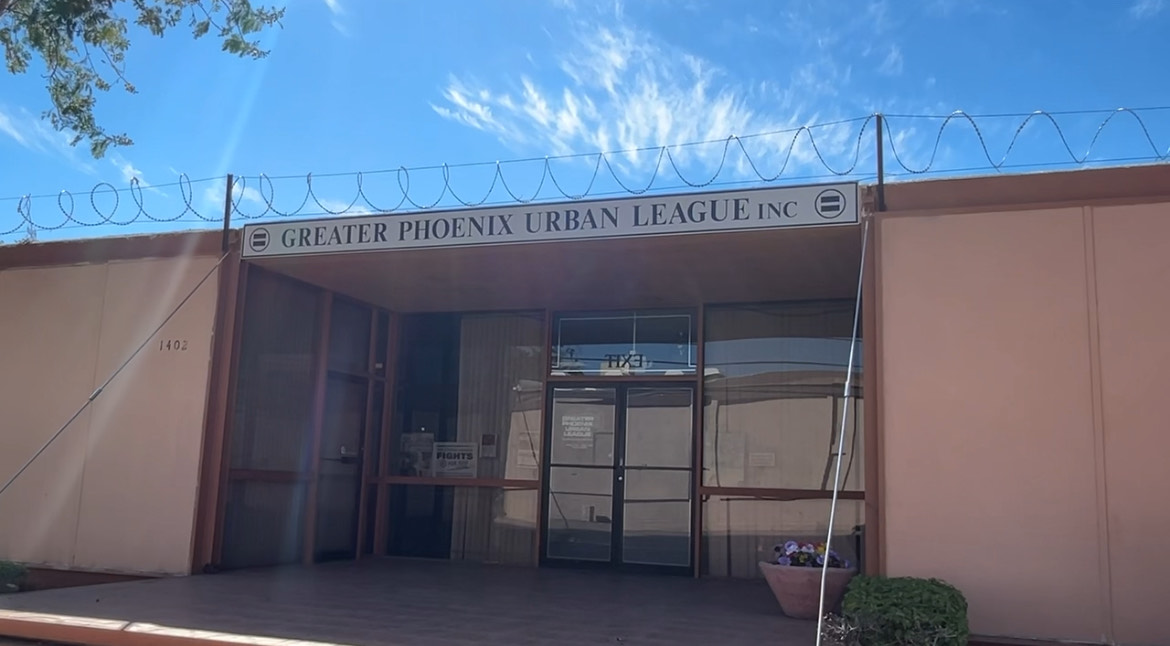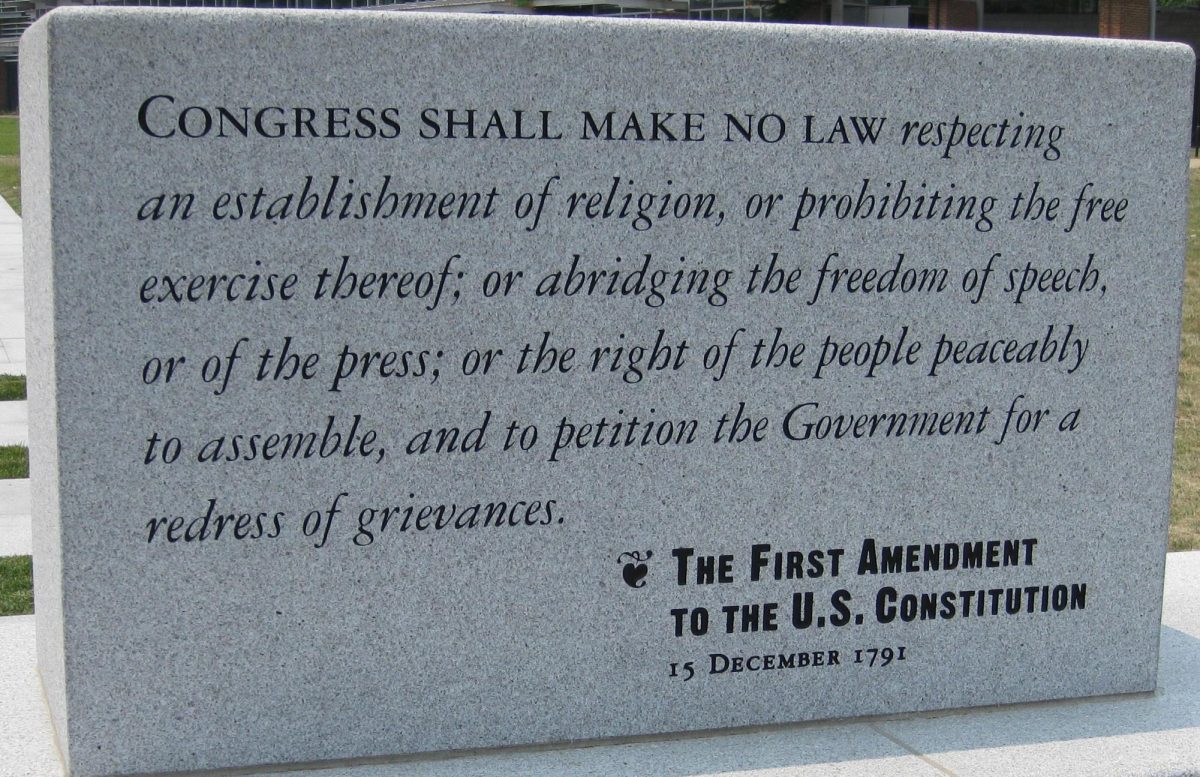Tax Day 2025 is fast approaching, and millions of Americans are preparing to file their federal and state income taxes by the April 15 deadline.
This year, though, the Internal Revenue Services (IRS) is seeing some unusual trends. According to new data obtained by CNN, nearly 1 million fewer federal tax returns had been filed by late March compared to the same period last year. And about 200,000 more taxpayers have already requested extensions—suggesting more people are holding off.
So, what’s behind the lag?
Experts say it’s a mix of factors:
- Procrastination is always a tax season classic. With IRS customer service improving—phone wait times are down to about three minutes—some people may feel more comfortable waiting until the last minute.
- Fear among undocumented immigrants may also be a factor. Concerns that tax information could be used for deportations under current federal leadership have left some immigrants hesitant to file, according to the Center for Taxpayer Rights.
- Natural disasters, like the January wildfires in Los Angeles or the continued recovery from Hurricane Helene in the Southeast, have made it harder for some to access the documents they need. The IRS has extended deadlines for affected regions.
- Confidence in the process: Despite internal IRS conflicts, the rollout of the Direct File program—a new free filing option—has gone relatively smoothly. So far, more than 135,000 taxpayers across 25 states have used it.
Even with fewer returns filed so far, revenue collection isn’t yet cause for alarm. The Treasury reported a 4.5% increase in tax dollars collected through late March, with nearly $180 billion in refunds already paid out—about $10 billion more than last year.
But concerns remain. If more taxpayers delay or skip filing entirely, some Treasury officials fear a potential drop in overall revenue—although the Treasury Department has publicly denied the possibility of a $500 billion shortfall.
Free help is available
For those still working on their returns, you’re not alone—and there’s help.
The IRS Free File program is available for taxpayers with income of $79,000 or less. This includes brand-name software, and the new Direct File option lets eligible users file directly with the IRS.
You can also visit Arizona’s Department of Revenue website or call their hotline for support.
Need in-person help? The IRS’s Volunteer Income Tax Assistance (VITA) and Tax Counseling for the Elderly (TCE) programs offer free help to qualifying taxpayers, including people with disabilities, limited English proficiency, and those 60 or older.
Plan now to avoid penalties
If you need more time, you can still file for a free extension by April 15, giving you until October 15 to submit your return. But keep in mind—this doesn’t extend the deadline to pay any taxes you owe.
Waiting too long could result in penalties or interest on unpaid balances.
Whether you’re anticipating a refund or scrambling to pull your paperwork together, the message is the same: don’t wait until the last minute.




















